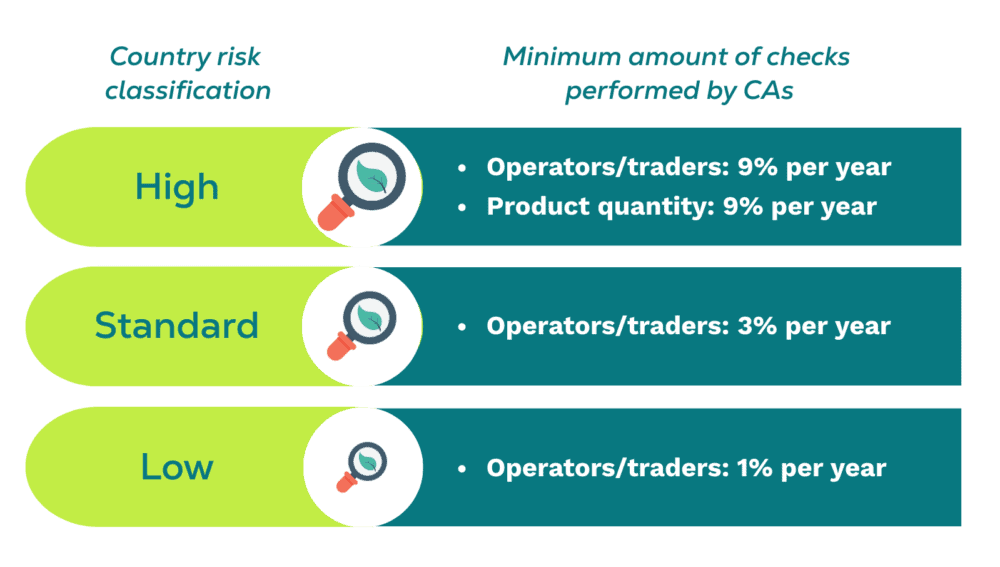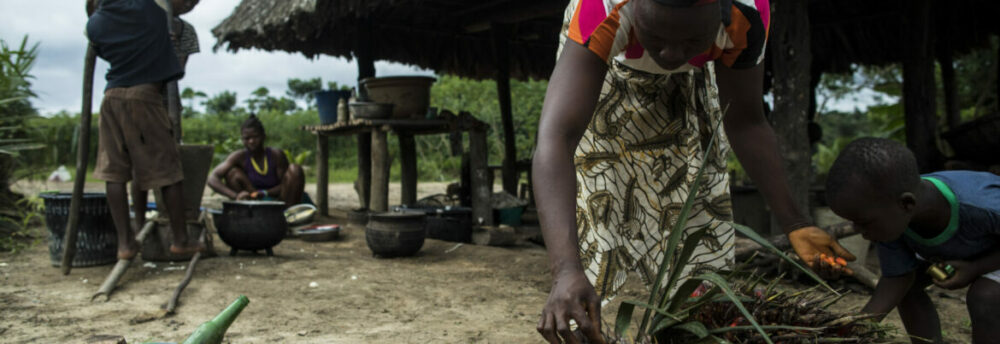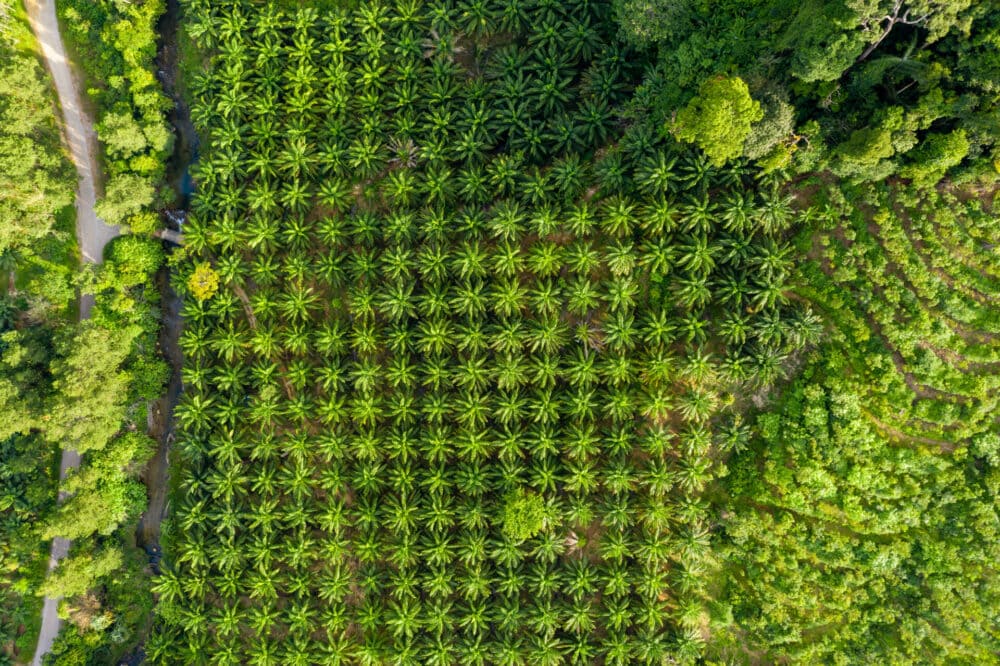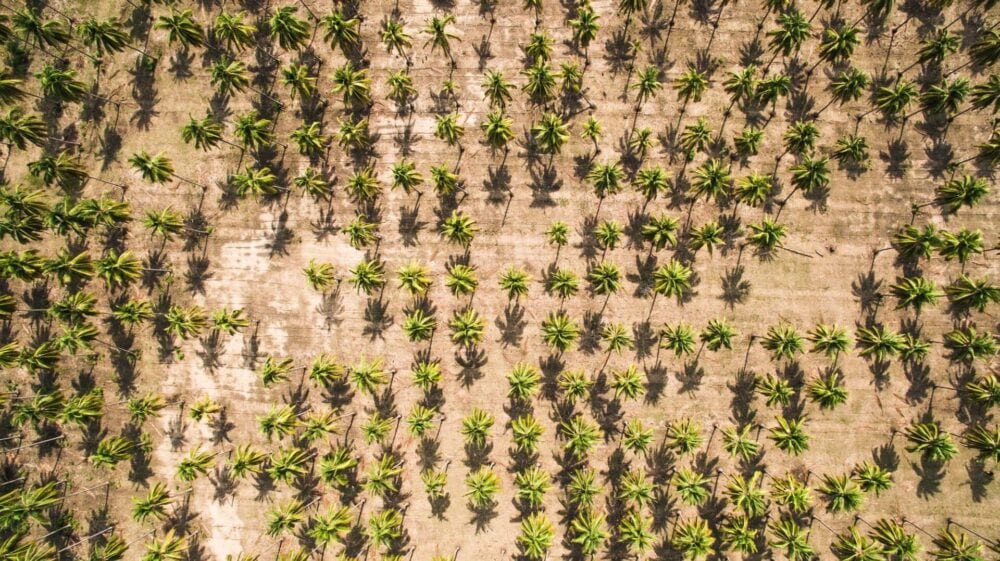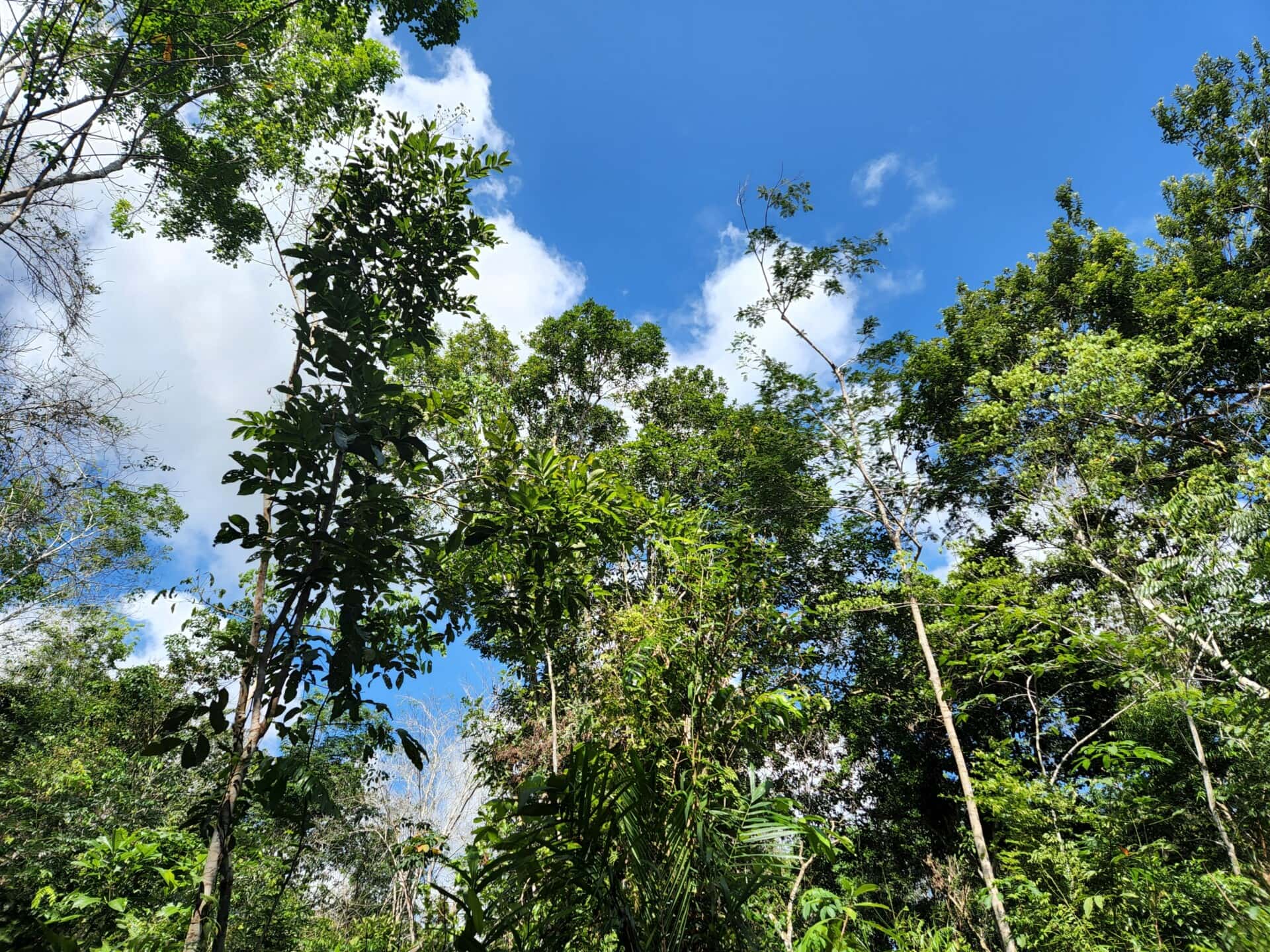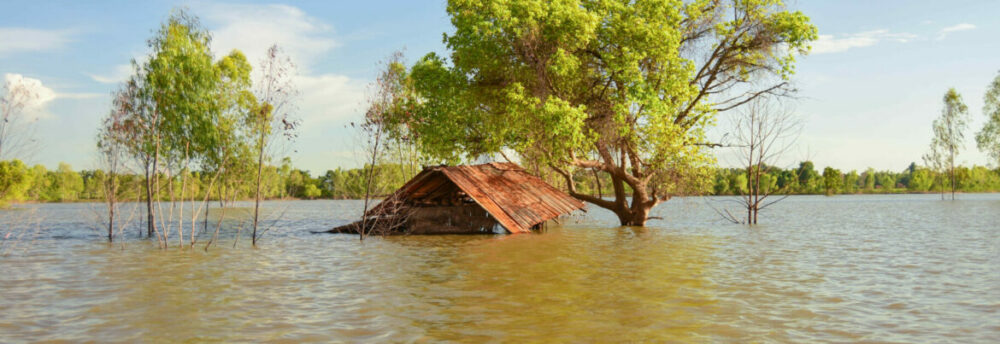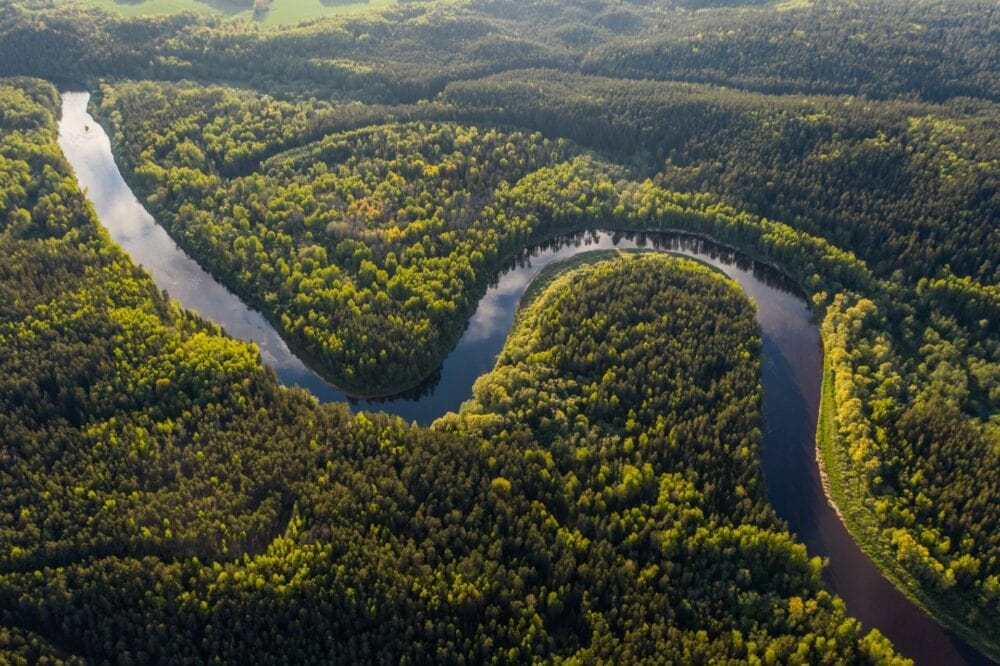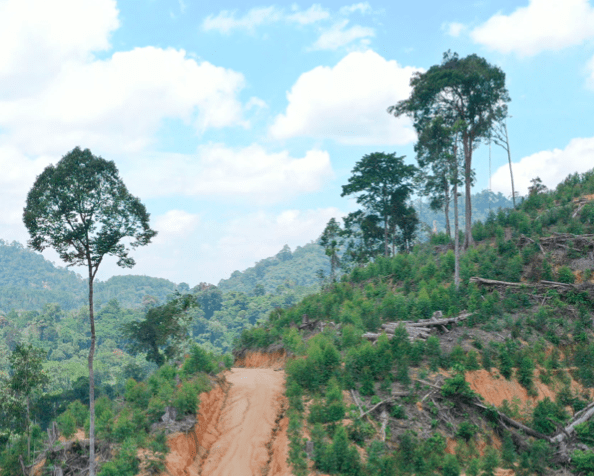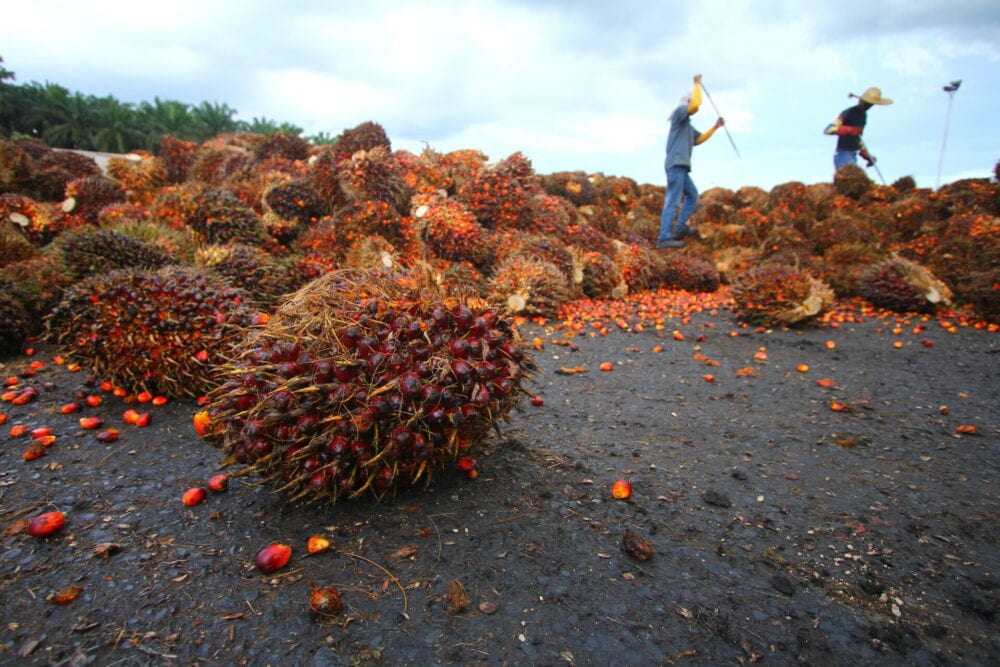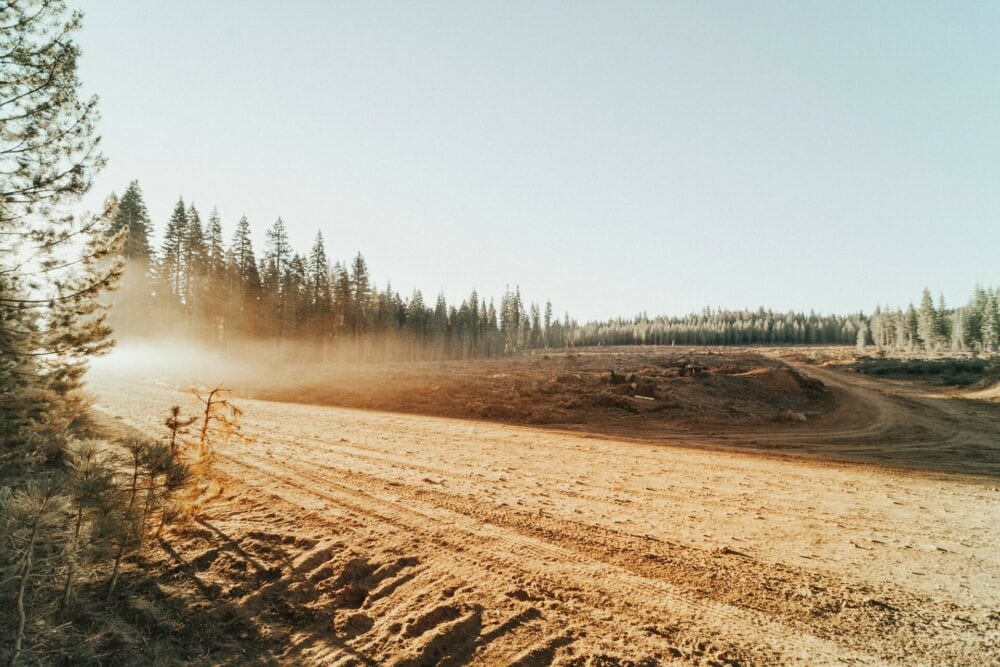
How AidEnvironment Supports Strategic Climate Litigation
Article drafted by Sarah Drost, Deforestation-free Supply Chain Team, 21 February 2024 Since 2019, AidEnvironment’s Deforestation-free Supply Chains Team has expanded its support to European and non-European legislative initiatives, either by backing the adoption of strong laws and guiding their effective implementation, or by substantiating strategic litigation under the legal acts adopted through a focus on non-compliance cases, supply chain […]
Read more
